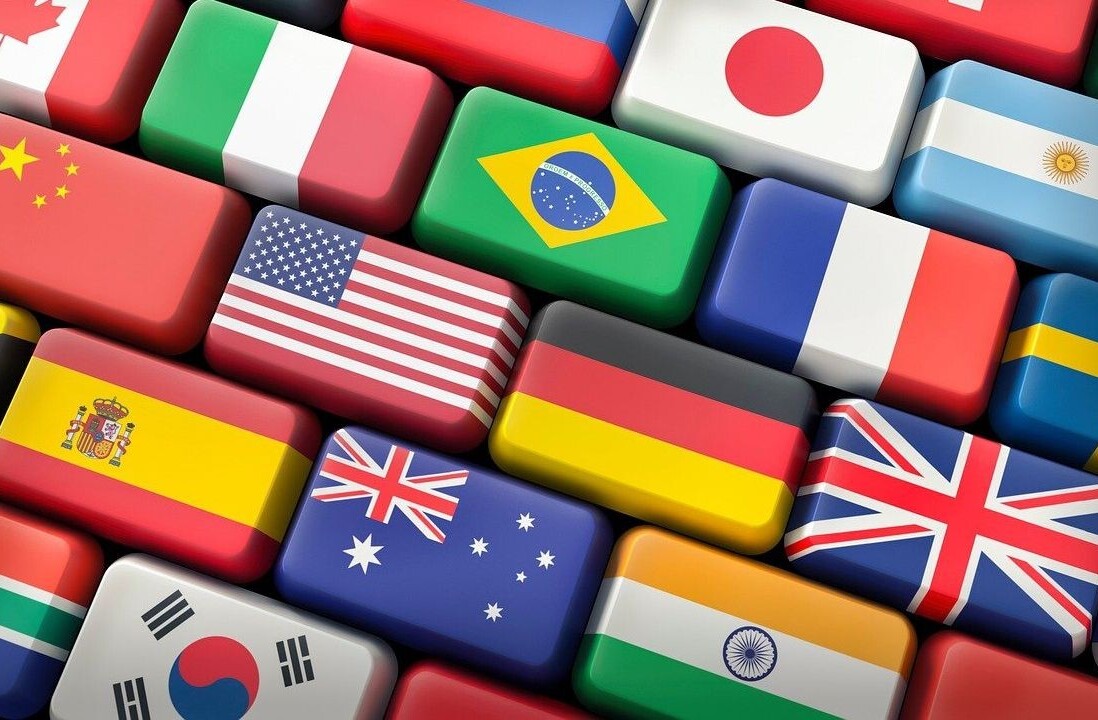
 Faster broadband and tougher anti-piracy laws were among the plans laid out this afternoon by the British government. The Digital Britain whitepaper outlines priorities for improving the nation’s connectivity and ensuring a thriving digital economy.
Faster broadband and tougher anti-piracy laws were among the plans laid out this afternoon by the British government. The Digital Britain whitepaper outlines priorities for improving the nation’s connectivity and ensuring a thriving digital economy.
Unfortunately, many people have been left distinctly underwhelmed by plans that could have gone much further. While Britain is certainly no digital backwater at present, the plans still leave us years away from matching the technological wonderlands of countries like South Korea and Japan.
While the plans will certainly improve the connectivity infrastucture of the UK, they’re far from ushering in a bold new digital age. Among the plans outlined in a hefty batch of PDF documents are:
- A £6 (10 USD) per year levy on every landline phone bill to pay for improvements to broadband infrastructure. This ‘Next Generation Fund’ will help fund an upgrade to the country’s basic phoneline infrastructure allowing superfast broadband speeds in the future. For now they’re aiming to get everyone’s connection up to at least 2mbps by 2012.
- Universal 3G mobile phone coverage across the country, including hard-to-reach areas like the London Underground. Old 2G bands will then be freed up for other uses. The report also acknowledges the need for mobile networks to upgrade to next generation technologies like LTE.
- All national radio stations will have to be digital only (to the DAB standard) by 2015. This plan would revive the floundering DAB standard. Many commercial digital-only stations have been opting to close down in the face of a small audience and vast costs. A programme for converting car radios for digital reception would be introduced.
- To support the country’s digital industries there would be strong new anti-piracy measures, with UK communications regulator Ofcom being given a role in ensuring ISPs take action on offenders. Repeat offenders could see themselves taken to court. It seems that whether they like it or not, ISPs may end up being ‘Piracy Police’ after all. Virgin Media have a head start in this area.
- Tax breaks for companies producing videogames in Britain.
- Publicly owned (but commercially funded) broadcaster Channel 4 should have a much bigger digital remit, something it has started via its 4IP initiative, which provides funding for small startups like Audioboo.
Opposition politicians have labelled the report “A disappointment” while Twitter is full of frustration from the country’s digital great and good. The lack of copyright reform (much needed) and an unambitious timescale for connection speed improvements are among the complaints coming through.
There’s no need to be too worried though, with rapidly declining popularity the current government may not be in power this time next year, so much of the report may end up getting ripped to shreds before it’s had a chance to be enacted. Even if all this does make it onto the statute books, it’s not the end of the world for the UK’s digital innovators. They’ve got by without much government support until now, after all. As Tom Steinberg, founder of MySociety.org, put it “Shrugs, and returns to work on his own slightly more adventurous vision”.
You can read the full report, in wonderfully 21st century, easily sharable (yeah, right) formats PDF and .doc here.
Get the TNW newsletter
Get the most important tech news in your inbox each week.




